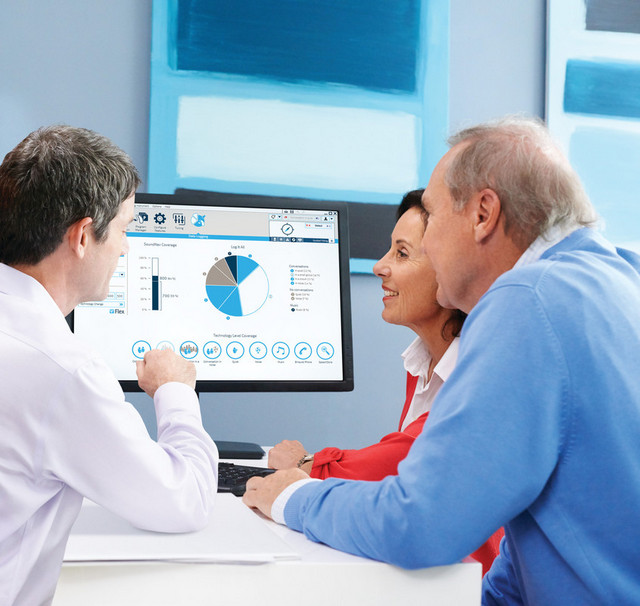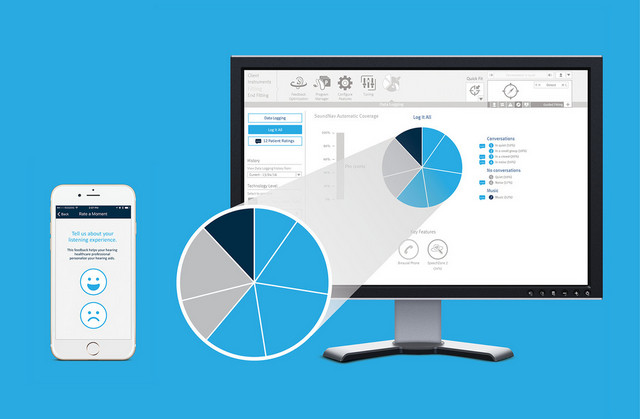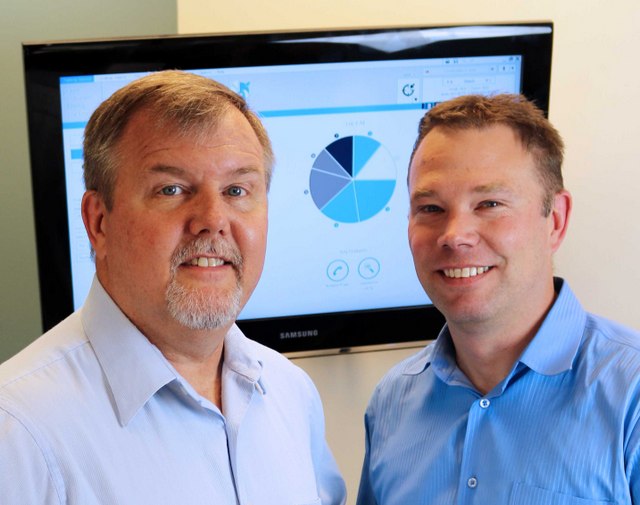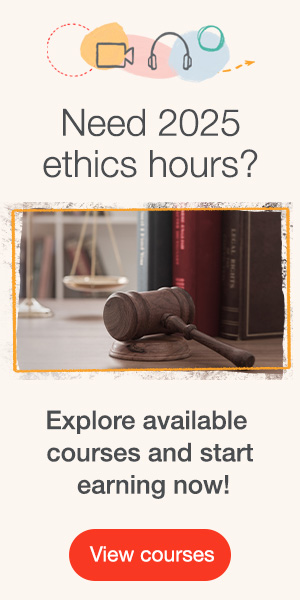Improved Insights Enable a Better Patient Experience
AudiologyOnline: Let’s talk about what is happening in the healthcare industry. How are things changing with respect to hearing health and patient care?

Don Hayes: The healthcare world is changing and as hearing healthcare professionals, we can either fight it and struggle, or embrace the change and thrive. It’s not just the technology that is changing – although that is happening at an accelerated rate – it’s also the patients who are changing. They are more connected and informed and they now come to their hearing healthcare providers with new expectations around service and dialogue.
Chris McIntyre: It’s really a convergence of several forces creating a whirlwind of change. On the technology side we now have medical-grade wearables, cloud technologies and mobile technology. 54% of individuals aged 50-64 and 27% of individuals 65+ now own a mobile phone, which allows people to collect and access data from anywhere. At the same time, within many sectors of healthcare, there are increasing regulatory pressures on providers to be more efficient and more evidence based. Patients are part of this sea of change. They use technology in their daily lives and they, like the regulators, are putting new demands on the industry to use technology to be more efficient in the delivery of care.
AudiologyOnline: So how does data fit into this picture?
Chris: The beauty of all this technology is you now have real-life data – detailed information about that person’s lifestyle – that was not available before. This creates a significant shift in clinical thinking and the patient/clinician conversation changes. It becomes not about pulling information out of the person; the technology can do large parts of that. It now becomes about what does the information mean, and how does the clinician use this new level of insight to optimize a fitting for that patient’s unique lifestyle. This allows practitioners to use technology in smart ways to improve patient care. They can significantly reduce the trial and error troubleshooting that typically takes place when patients are unable to accurately describe their listening lifestyle, or clearly articulate the challenges they are experiencing.
Don: With data available to both the hearing healthcare professional and the patient, the patient engagement process shifts from a traditional medical model – where information is conveyed from the patient to the professional – to a more collaborative model. In the collaborative model, the patient is empowered during the decision making process by having access to more relevant data. It’s like Trip Advisor. No one goes on vacation these days without consulting with a trusted advisor. And the trusted source of information is not the hotel you are looking at, but the comments of hundreds of the people who have stayed there. In hearing healthcare, the initial trusted advisor is the clinician. They are not there to enforce, but to open the door for the patient to test things out. Then, when a patient is happy with the result, they’ll go into the world, go to breakfast with their buddies and tell them all about how great their hearing aid is, how their clinician really listened to them and collaborated with them to reach a successful outcome. So the patient then becomes a trusted advisor on behalf of the clinician, and so on.

AudiologyOnline: How did Unitron’s patient insights evolve out of this market understanding?
Don: Trends in the healthcare industry certainly informed our strategy, but actually, the patient insights solution evolved out of Unitron’s long-term commitment to patient-focused products and technologies. Our goal has always been is to ensure we are providing the healthcare professional with the right solutions to be successful with each and every patient fitting. Through this, we saw an opportunity to improve the fitting experience. We began first by identifying the various listening environments patients could encounter. Then with Log It All, we began collecting quantitative data on the time patients spent in those environments during the day. Now, we have evolved the solution further into patient insights, where we combine Log It All data with the qualitative ratings by patients. This provides a complete picture of a person’s experience with their hearing aid. Like clinicians, Unitron is using technology with a purpose, and that purpose is to make the healthcare provider successful and improve patient outcomes.
AudiologyOnline: So how does a solution like patient insights enable hearing healthcare professionals to deliver a better patient experience and ultimately, better outcomes?
Don: We’ve never before been able to give the clinician access in real time to the patient’s experience. It’s all been anecdotal information gathered through a line of questioning. But try asking someone in their 70s, well, even in their 50s, what they did during the day, or what they might remember about what they heard. People simply are not good at recalling what they do, nor do they know what’s important or relevant to the hearing healthcare professional when the question is asked. So the information clinicians have been able to gather is often unreliable. And that means there’s a lot of troubleshooting during the fitting process that is based on incomplete input.
Chris: Log It All has become a tremendous teaching tool for clinicians, because it removes reliance on anecdotal information provided by the patient. With more accurate data, the clinician can focus on the important things such as patient care. It also takes a huge weight off the patient, they aren’t put on the spot to recall details about their listening experiences.
Don: Patient Ratings takes the clinical process one step deeper by giving patients the opportunity to comment in the moment on their listening experience. They can then share that information in real time with their hearing healthcare professional. A person might go to a restaurant and have a great hearing experience the first three times, then the fourth time something happens. Using feedback from Patient Ratings, the clinician can zero in on that bit of important data and use it to fine-tune the fitting. People are happy to tell you how they are feeling — good or bad, and they are chattier than you would expect in the feedback they provide. And the quality of the information they give us is very good, very specific; telling the healthcare professional specifically what that patient is experiencing in that moment.

Chris: The data from patient insights allows patients to feel engaged in the process and the information it provides practitioners means improved fittings, better patient outcomes and happier patients. Remember, these folks don’t live in isolation. Happy patients tell others in their circle about their experience and that leads to referrals back to the clinician.

AudiologyOnline: Don and Chris, thanks for your time today! For more information, please visit www.unitron.com/patientinsights



